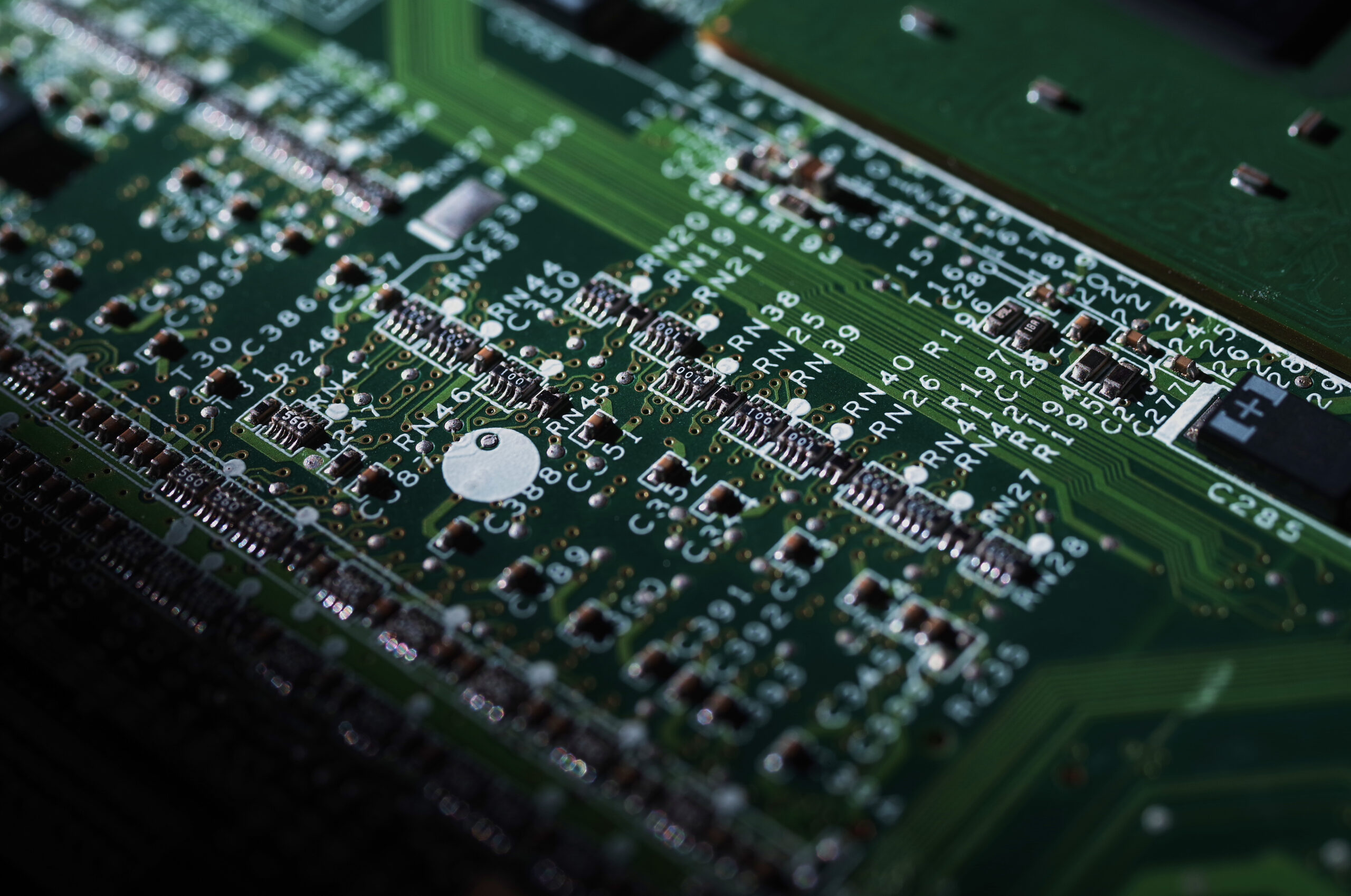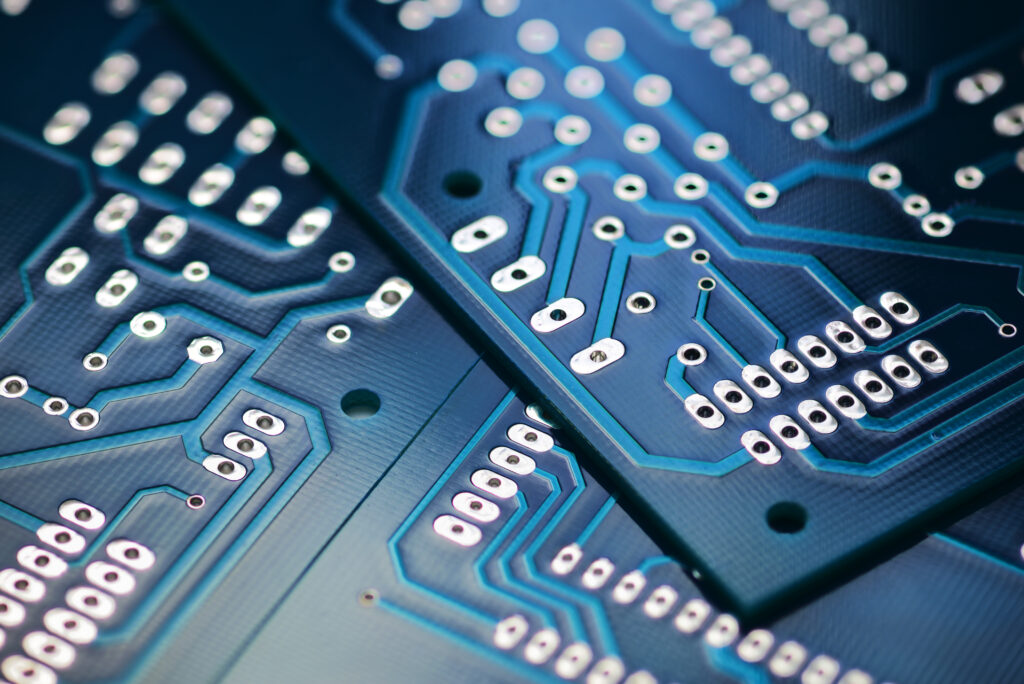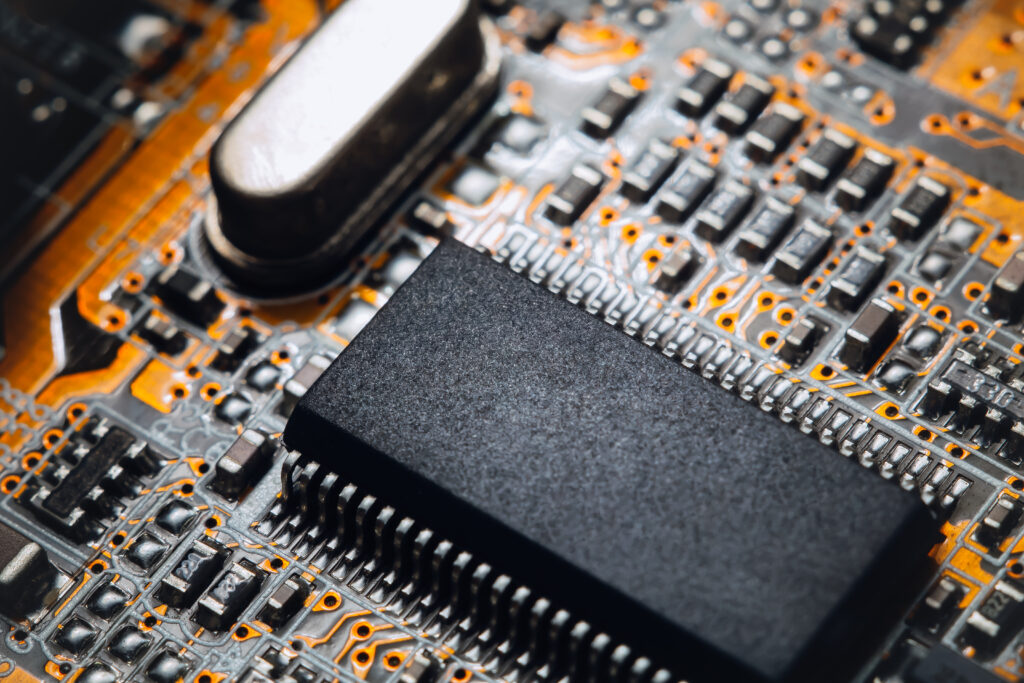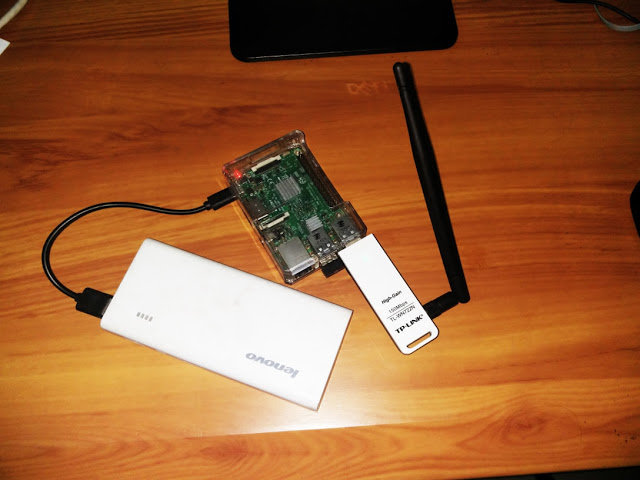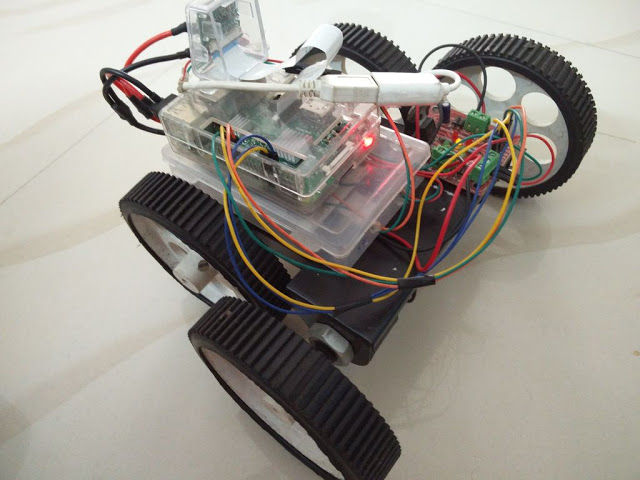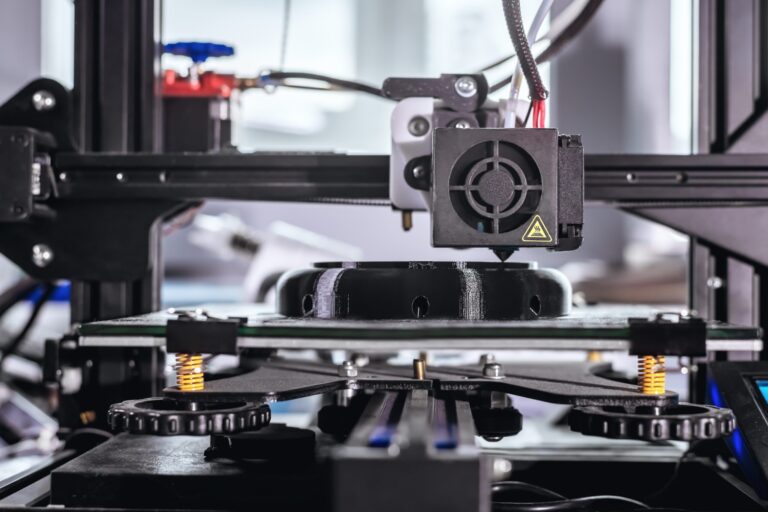Breaking Through Barriers: The Power of Advanced PCB Materials
Printed circuit boards (PCBs) are essential components of almost all electronic devices. They are responsible for connecting and routing electronic components and circuits within the device. The materials used in PCBs are critical to their performance, reliability, and durability. As technology advances, so do the requirements for PCBs. Advanced PCB materials offer many benefits over traditional materials, including improved performance, greater flexibility, and enhanced durability. In this blog post, we will explore the benefits of using advanced PCB materials, and how they can help designers create more efficient, reliable, and cost-effective electronic devices.
Types of Advanced PCB Materials
Printed circuit boards (PCBs) are an essential component of almost all electronic devices. They connect and route electronic components and circuits within the device. PCB materials play a critical role in determining the performance, reliability, and durability of electronic devices. As technology advances, the demand for advanced PCB materials has increased to meet the requirements of modern electronic devices. Here are some of the advanced PCB materials that are being used in the electronics industry and their benefits.
High-Temperature Materials
Electronic devices that generate a lot of heat, such as power electronics and high-performance computing systems, require PCB materials that can withstand high temperatures. High-temperature materials, such as ceramic-filled PTFE, provide excellent thermal stability and can withstand temperatures up to 260°C. They also offer low loss, high frequency, and low dielectric constant properties.
Flexible Materials
Flexible PCBs are becoming increasingly popular due to their ability to bend and twist without breaking. They are commonly used in wearable devices, medical equipment, and aerospace applications. Flexible materials, such as polyimide and liquid crystal polymer, provide excellent flexibility and durability while maintaining electrical and thermal stability.
High-Frequency Materials
High-frequency PCBs are required for electronic devices that operate at high frequencies, such as wireless communication systems, radar systems, and satellite communications. High-frequency materials, such as Rogers and DuPont Teflon, offer low dielectric loss, high thermal stability, and low moisture absorption properties.
Metal Core Materials
Metal core PCBs are used in high-power applications, such as LED lighting, power supplies, and motor control. Metal core materials, such as aluminum, copper, and steel, provide excellent thermal conductivity and can dissipate heat more efficiently than traditional PCB materials.
Halogen-Free Materials
Halogenated materials, such as FR-4, have been used in PCB manufacturing for many years. However, these materials are harmful to the environment and can release toxic fumes when burned. Halogen-free materials, such as TeraGreen and EcoBell, offer similar properties to FR-4 but are environmentally friendly and safer for human health.
Advanced PCB materials offer many benefits over traditional materials, including improved performance, greater flexibility, enhanced durability, and environmental friendliness. The choice of PCB material depends on the specific requirements of the electronic device and the environment in which it will be used. Designers should carefully consider the benefits and limitations of different PCB materials before selecting the most appropriate material for their application.
Benefits of Using Advanced PCB Materials
The benefits of using advanced PCB materials are numerous and can significantly improve the performance, durability, and reliability of electronic devices, while also offering environmental and cost benefits. It is essential to carefully consider the specific requirements of each application when selecting the most appropriate PCB material.
Advanced PCB materials offer several benefits over traditional materials, including:
Improved Performance
Advanced PCB materials have improved electrical properties, such as lower dielectric loss, higher thermal stability, and greater signal integrity, resulting in better performance of electronic devices.
Greater Flexibility
Flexible PCB materials, such as polyimide and liquid crystal polymer, can bend and twist without breaking, making them suitable for wearable devices, medical equipment, and aerospace applications.
Enhanced Durability
Advanced PCB materials have better mechanical and thermal properties, making them more durable and resistant to environmental factors, such as moisture, heat, and chemicals.
Higher Reliability
The use of advanced PCB materials leads to a more reliable electronic device, with lower failure rates, longer lifespan, and fewer maintenance requirements.
Environmental Friendliness
Some advanced PCB materials, such as halogen-free materials, are environmentally friendly and safer for human health.
Cost-Effectiveness
Despite the higher cost of some advanced PCB materials, they can provide a more cost-effective solution in the long run, by improving the performance, durability, and reliability of electronic devices, reducing maintenance costs and downtime.
Powering Up Your Electronics with PCBWay’s Advanced PCB Materials
PCBWay is a leading PCB (Printed Circuit Board) manufacturer and assembly service provider based in China, with a global customer base. PCBWay was established in 2012 and has since grown to become one of the most trusted and reliable PCB suppliers in the industry, providing high-quality PCBs at affordable prices.
PCBWay offers a wide range of PCB manufacturing services, including PCB prototyping, PCB assembly, and PCB layout design, with a focus on providing cost-effective solutions to customers. PCBWay’s manufacturing facilities are equipped with state-of-the-art equipment and cutting-edge technology, allowing them to offer high-quality PCBs with fast turnaround times.
PCBWay’s range of services includes PCB prototyping, low-volume PCB production, and high-volume PCB production, ensuring that they can cater to the needs of various customers, from hobbyists to large-scale manufacturers. PCBWay also offers PCB assembly services, including surface-mount technology (SMT) and through-hole technology (THT) assembly, as well as turnkey PCB assembly services.
PCBWay is committed to providing high-quality PCBs that meet the highest industry standards, and they have implemented a rigorous quality control process at every stage of the manufacturing process. PCBWay’s quality control process includes a series of tests and inspections to ensure that every PCB meets the customer’s requirements and specifications.
PCBWay is a professional PCB manufacturer and assembly service provider that offers a wide range of advanced PCB materials for various applications. PCBWay provides the following advanced PCB materials:
High-Temperature Materials: PCBWay offers ceramic-filled PTFE materials that provide excellent thermal stability and can withstand temperatures up to 260°C.
Flexible Materials: PCBWay offers polyimide and liquid crystal polymer materials that provide excellent flexibility and durability while maintaining electrical and thermal stability.
High-Frequency Materials: PCBWay offers Rogers and DuPont Teflon materials that offer low dielectric loss, high thermal stability, and low moisture absorption properties, making them ideal for high-frequency applications.
Metal Core Materials: PCBWay offers aluminum, copper, and steel core materials that provide excellent thermal conductivity and can dissipate heat more efficiently than traditional PCB materials.
Halogen-Free Materials: PCBWay offers TeraGreen and EcoBell halogen-free materials that offer similar properties to FR-4 but are environmentally friendly and safer for human health.
PCBWay Special Offer
Now, PCBWay is offering a Flex PCB Special Offer at a price of “Special Price $46.74 1-2 Layers FPC“.
Flex PCB special deals from PCBWay are a fantastic way for consumers to receive high-quality circuits for their projects while saving money.
So, PCBWay offers a wide range of advanced PCB materials to meet the specific requirements of various electronic applications, ensuring the performance, reliability, and durability of electronic devices.
Conclusion
In conclusion, using advanced PCB materials has numerous benefits for electronic devices. These materials provide better thermal management, increased durability, improved electrical performance, and enhanced reliability. Advanced PCB materials also enable the design of smaller and more complex electronic devices, making them suitable for various applications, from consumer electronics to aerospace and defense. Furthermore, with the increasing demand for more energy-efficient and sustainable electronic devices, the use of advanced PCB materials that are halogen-free and environmentally friendly has become more important than ever. Therefore, incorporating advanced PCB materials in electronic device design can lead to better performance, increased reliability, and a more sustainable future. As PCB technology continues to advance, the benefits of using advanced PCB materials will only become more apparent, making them a crucial component in the development of next-generation electronics.
